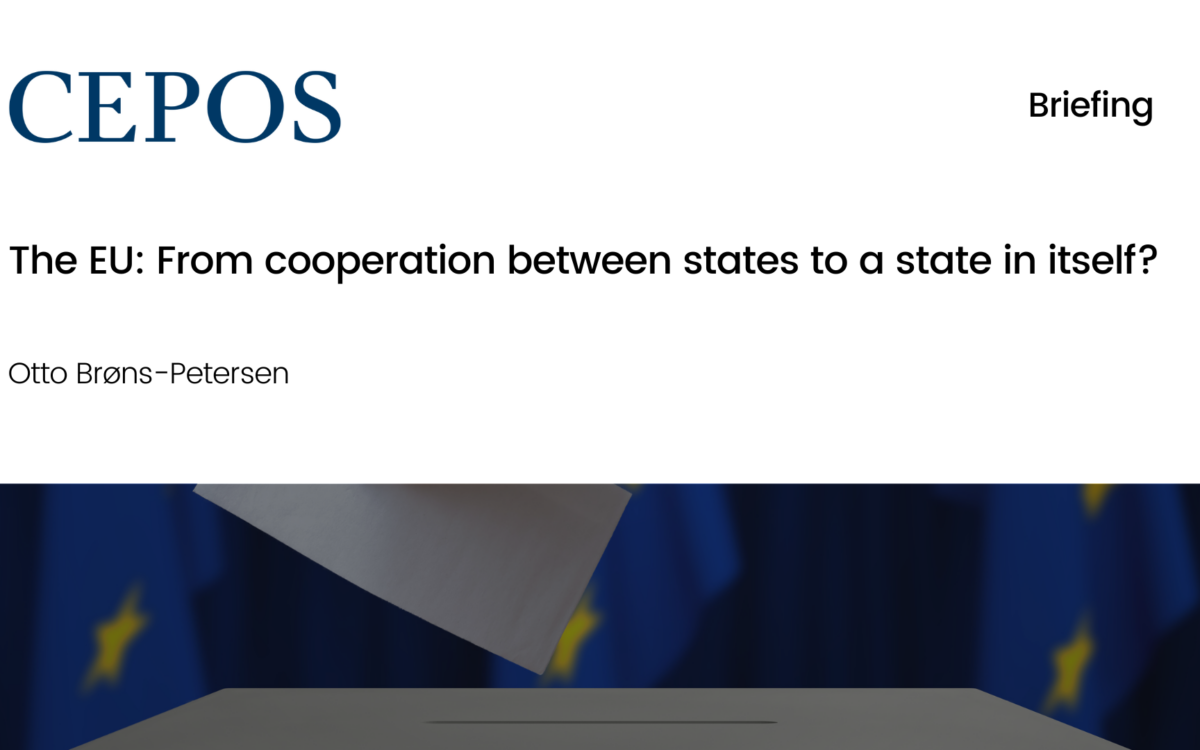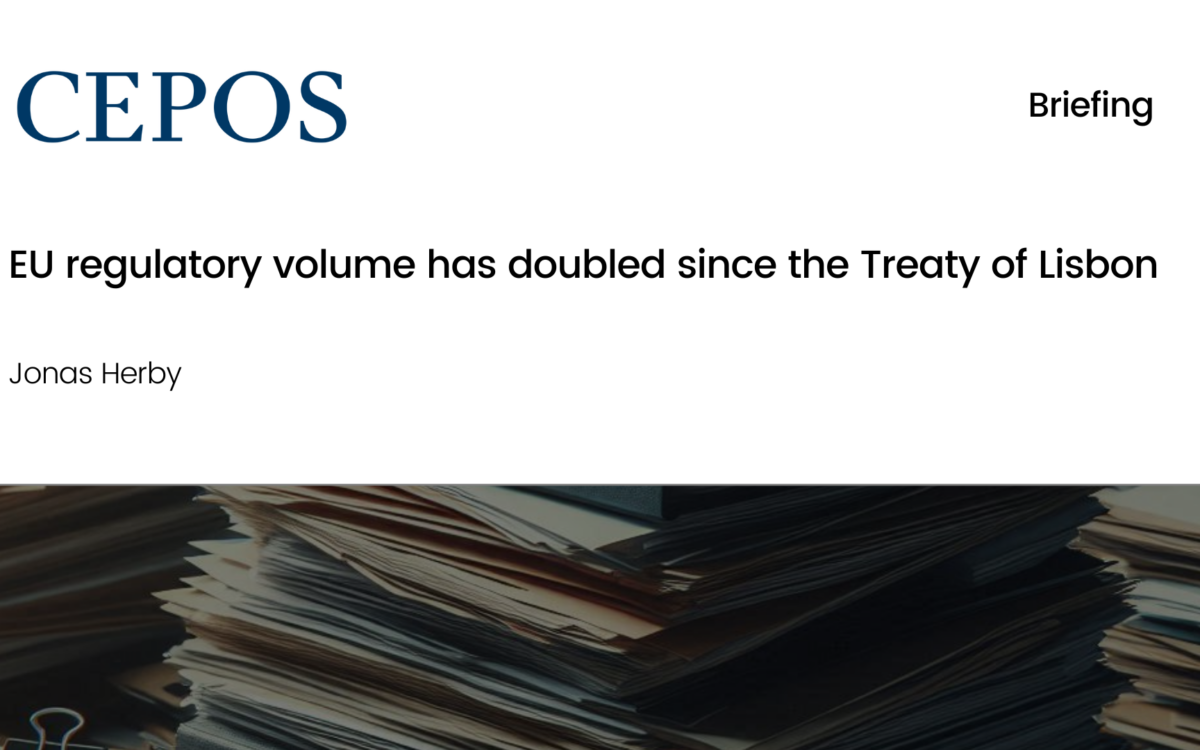Antitrust and the Challenge of Regulation for Online Platforms

Antitrust and the Challenge of Regulation for Online Platforms
June 2017
Platform businesses bring together distinct but interdependent sets of users in such a way as to improve the welfare of each side of the market. Their central value proposition is the reduction of transaction costs, which increases the number of viable exchanges in the market.
The rapid growth and large size of the leading online platforms has given rise to concerns from regulators and policymakers. Three areas of controversy stand out in particular: market definition, market power, and platforms’ use of data.
Regulators and competition authorities have historically maintained a comparably light-touch approach towards digital industries. However, a number of recent announcements signal a more interventionist outlook, with potentially chilling consequences for competition and innovation in the digital sphere.
Download or share this publication
View the PDF
EPICENTER publications and contributions from our member think tanks are designed to promote the discussion of economic issues and the role of markets in solving economic and social problems. As with all EPICENTER publications, the views expressed here are those of the author and not EPICENTER or its member think tanks (which have no corporate view).



